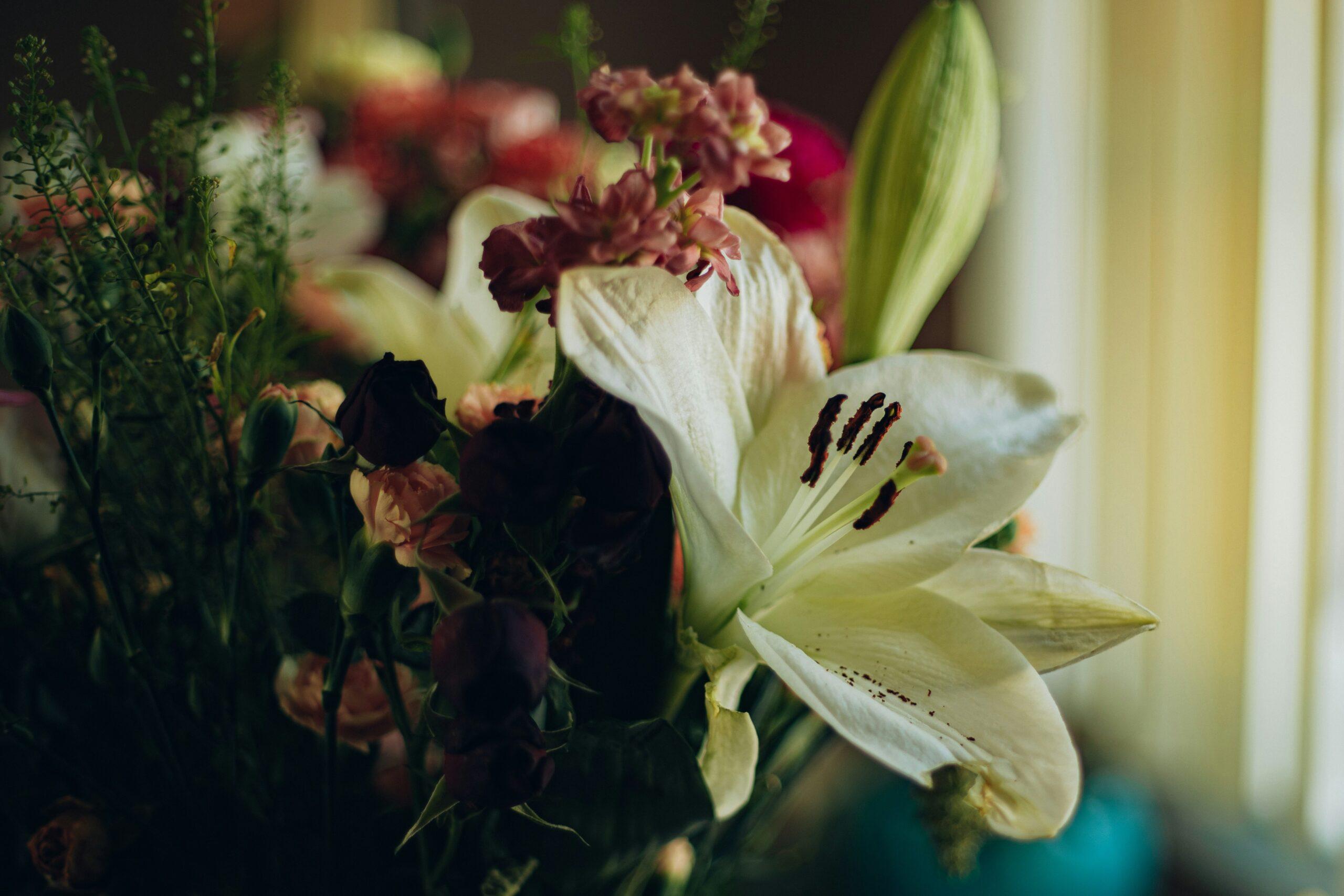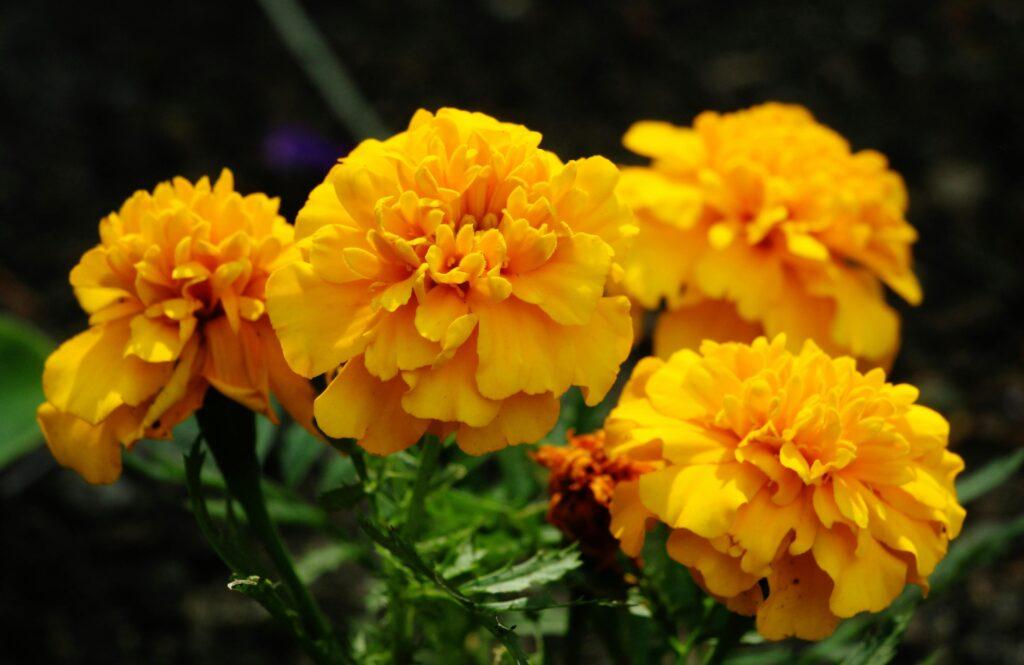Ever stared at your skincare shelf, wondering why your skin still feels like a desert in December? Spoiler: Your winter bouquet might be the unsung hero you’ve been missing.
If you’re anything like me, you’ve spent winters drowning in heavy moisturizers that promise hydration but deliver more of a “cement mask” vibe. But hear me out—organic flowers aren’t just for Instagram aesthetics. They could be your skin’s secret weapon this season. In this post, we’ll uncover how to craft your very own winter bouquet (skin edition) to glow through the gloom. You’ll learn:
- What makes organic flowers skincare superstars.
- A step-by-step guide to creating a winter bouquet routine.
- Tips to amplify their magical powers without breaking the bank.
Table of Contents
- Key Takeaways
- Why Organic Flowers Belong in Your Winter Skincare
- Step-by-Step Guide to Building Your Winter Bouquet
- Best Practices for Maximizing Results
- Real Stories: How Winter Bouquets Transformed Skin
- Frequently Asked Questions About Winter Bouquets
Key Takeaways
- Organic flowers are packed with antioxidants and anti-inflammatory benefits perfect for combating dry winter skin.
- A “winter bouquet” approach layers floral-infused products for maximum hydration and radiance.
- You don’t need to splurge on luxury items—DIY solutions work wonders too!
Why Organic Flowers Belong in Your Winter Skincare

Let’s get one thing straight: Not all flowers are created equal. While roses may smell sweet, it’s the nutrient-packed organic varieties—like chamomile, calendula, and jasmine—that truly shine in skincare. These beauties bring:
- Antioxidants: Combat free radicals caused by cold weather stress.
- Moisture Retention: Natural oils in petals lock in water like a pro.
- Gentle Exfoliants: Flower extracts scrub away flakes without irritating sensitive winter skin.
Rant Alert: Ugh, can we talk about those mainstream skincare brands claiming they use “natural ingredients,” only to sneak in sulfates and parabens? 🙄 It’s like saying fries count as vegetables because potatoes are involved. Let’s stick to certified organic options, please.
I learned this the hard way when I tried using store-bought calendula cream last year—it smelled amazing but left my face red and blotchy. Turns out, synthetic additives were the real culprits. Now, I vet every ingredient label like Sherlock Holmes hunting down clues.
Step-by-Step Guide to Building Your Winter Bouquet
Step 1: Identify Your Skin’s Needs
Optimist You:
“Every flower has unique properties! There’s *something* here for everyone.”
Grumpy You:
“Yes, but if you slap random petals on your face, prepare for disaster. Choose wisely!”
Dry skin loves hydrating roses, while irritated complexions thrive with chamomile or lavender. For a full breakdown, check out our [Flower Properties Chart].
Step 2: Incorporate Multi-Layered Products
Think of your routine as arranging a winter bouquet:
- Cleanser: Start gentle with a floral-infused cleanser. Hibiscus works wonders for removing impurities.
- Toner: Add witch hazel mixed with rosewater for a refreshing mist.
- Serum: Apply calendula oil or vitamin C serums infused with botanicals.

Step 3: Seal the Deal with Moisturizer
Finish strong with a thick, nourishing cream containing marigold or jasmine extract. Pro tip: Look for shea butter blends—they’re winter MVPs.
Best Practices for Maximizing Results
- Patch Test First: Always test new products on a small area to avoid allergic reactions.
- Go DIY When Possible: Brew chamomile tea, let it cool, and apply as a toner. Free and effective.
- Store Properly: Keep fresh petal masks refrigerated to preserve potency.
Brutally Honest Tip: Skip rosehip seed oil if you have oily skin. As much as I adore its scent, it worsened my acne once upon a time. Lesson learned.
Real Stories: How Winter Bouquets Transformed Skin
Jessica’s Story:
Jessica, a busy mom from Chicago, swapped her drugstore creams for homemade hibiscus cleansers and lavender lotions. Within weeks, her dull, flaky complexion turned dewy and bright. Her secret? Consistency paired with quality organic blooms.
Frequently Asked Questions About Winter Bouquets
Q1: Can I mix different flower types?
Absolutely! Just ensure each flower aligns with your skin type. For example, pair soothing lavender with hydrating rose for a balanced blend.
Q2: Where can I find organic flowers?
Check local farmers’ markets, organic grocers, or trusted online retailers specializing in certified organic blooms.
Q3: Is this safe for sensitive skin?
Yes, most organic flowers are gentle, but always patch test first. Avoid harsh exfoliants during transition phases.
Conclusion
So, there you have it—the ultimate guide to crafting a winter bouquet tailored to your skincare needs. From fighting dryness to soothing irritation, organic flowers are nature’s gift to glowing skin. Ready to give it a try?
Remember: Like a Tamagotchi, your skin requires daily care to thrive—especially in winter. Bundle up, grab some petals, and embrace your new radiant self!



